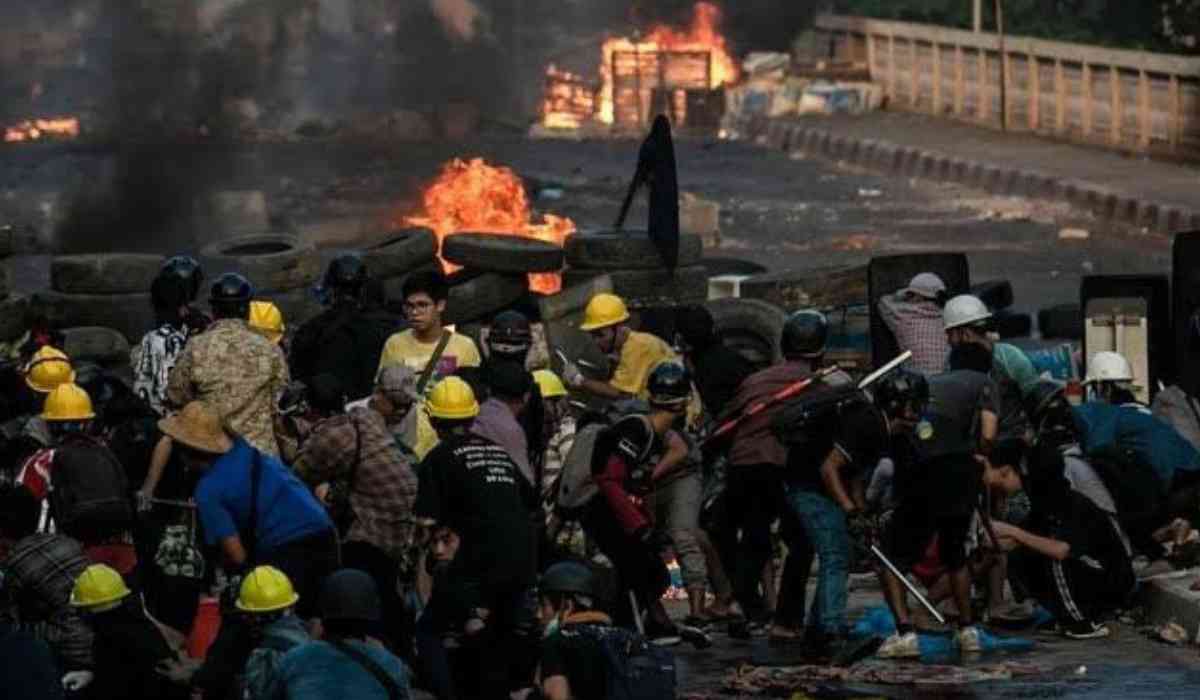Myanmar, a country in Southeast Asia that borders India, has been engulfed in an ongoing conflict. The civil war in the nation started with a military coup in 2021, that overthrew Aung San Suu Kyi's elected government. People protested against the coup, demanding restoration of democracy. People resorted to armed resistance against Junta’s oppression.
Military Coup 2021
The 2015 elections brought Democracy back to Myanmar which experienced military rule for fifty years. Aung San Suu Kyi emerged victorious, but on February 1, 2021, the military overthrew the democratic government. A situation of chaos occurred in the nation as the coup sparked several uprisings by armed ethnic factions in various parts of the country against the military's brutal suppression, which turned into an armed insurrection. The junta has committed war crimes and crimes against humanity through its widespread and systematic abuses; about 4,680 people have died since the coup.
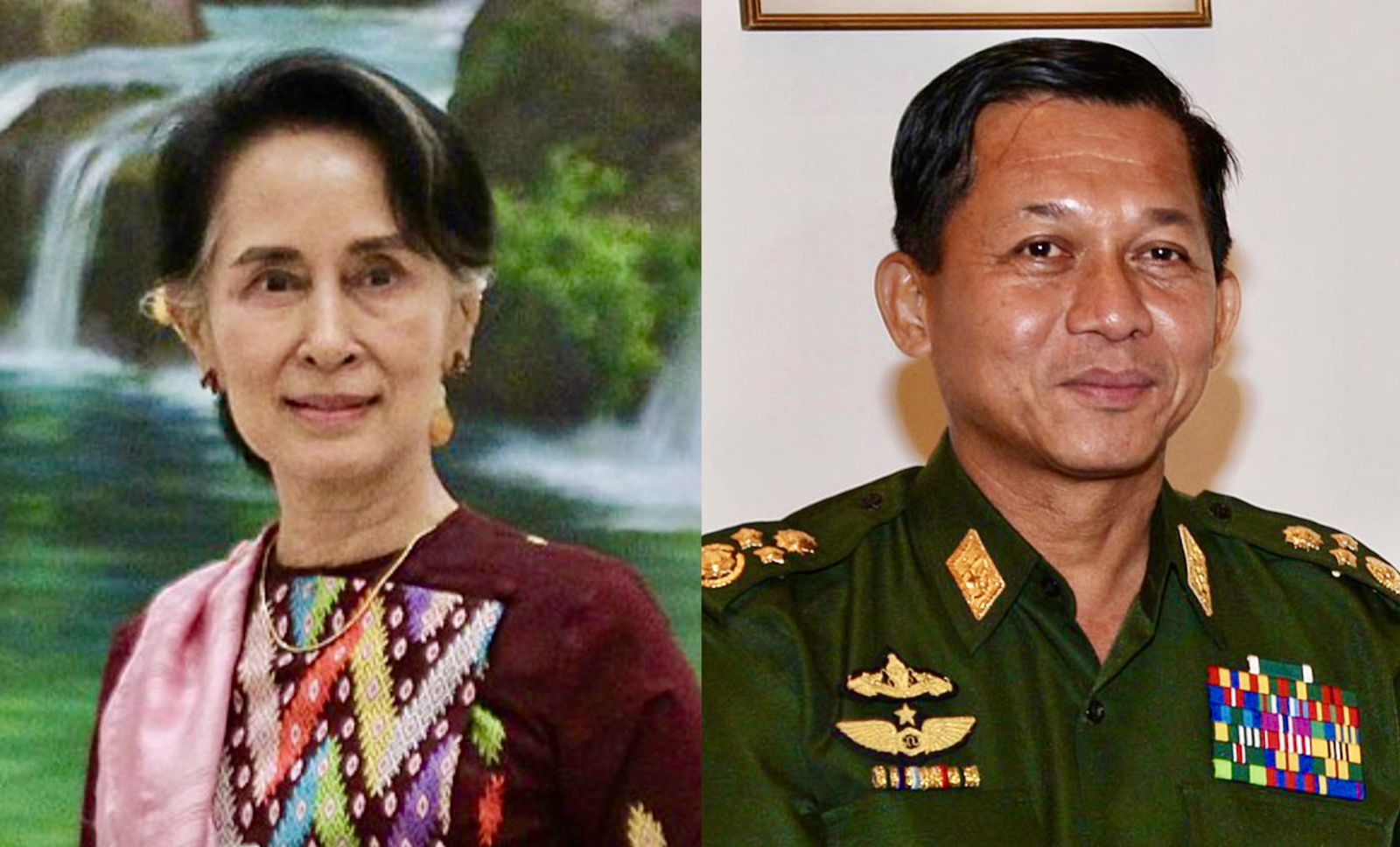
Three Brotherhood Alliance
It has been three years of ongoing conflict, but 2023 was the year of its greatest successes for the anti-junta coalition. In October 2023, the Arakan Army, the Ta'ang National Liberation Army (TNLA), and the Myanmar National Democratic Alliance Army (MNDAA) formed the Three Brotherhood Alliance, a coalition of ethnic armed groups, and began a significant offensive known as Operation 1027, significantly raising the spirits of the pro-democracy opposition.
The alliance issued a statement after the military takeover on February 1, 2021, and the ensuing crackdown, denouncing the deaths of hundreds of peaceful protestors and demanding the return of civilian rule. Since then, the coalition has carried out multiple offensives, occasionally forming an alliance with the People's Defense Forces (PDF). Activists and politicians opposed to the coup formed the National Unity Government, which established the loosely organised resistance cells known as the PDF.
Approximately ten thousand alliance fighters attacked military, police, and government-allied militia locations throughout Shan state in a concerted and extensive attack on October 27. The military withdrew, leaving behind heavy weaponry and a sizable amount of ammunition, and more than 100 military posts collapsed.
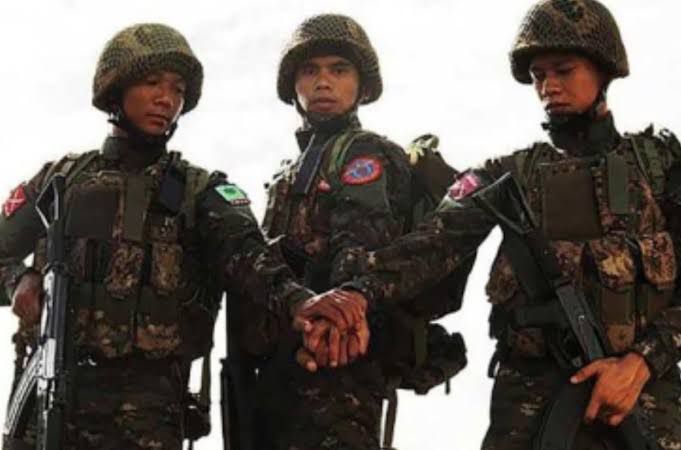
More than 100 military posts were taken during the offensive, including Major towns near the Chinese border, where the Soldiers withdrew, leaving behind a considerable amount of ammunition and weaponry. In addition, the group said it has taken control of the villages of Hpawng Hseng, Pang Hseng, and Hsenwi. The largest town in Shan, Lashio, has been the target of rebel attacks, and roads and bridges linking China and Myanmar have been demolished. There has been a slowdown in other regions, such as the south of the nation, and expectations that a chain reaction would deal the military a fatal blow have since subsided.
A year-long ceasefire in Rakhine State terminated
In November, soldiers surrendered Kawlin Township to PDF forces, marking the first major victory for resistance groups. This was the army's initial defeat in a capital district. Additionally, the military lost control of Chin Shwe Haw, a crucial region for China-Myanmar trade, after prolonged fighting.
Moreover, Fresh clashes between the Arakan Army and Myanmar military in November terminated a year-long ceasefire in Rakhine State. Responding to anti-coup forces, the military resorted to deploying ground troops, airstrikes, and targeting civilian support structures as part of the "four cuts" strategy to weaken resistance groups.
This has led to widespread displacement. In addition to the nearly 2 million people who were already displaced prior to the October offensives, the United Nations reports that between October 26 and December 8, over 578,000 additional people were displaced. Since late October, at least 461 civilians have been injured and at least 363 have died.
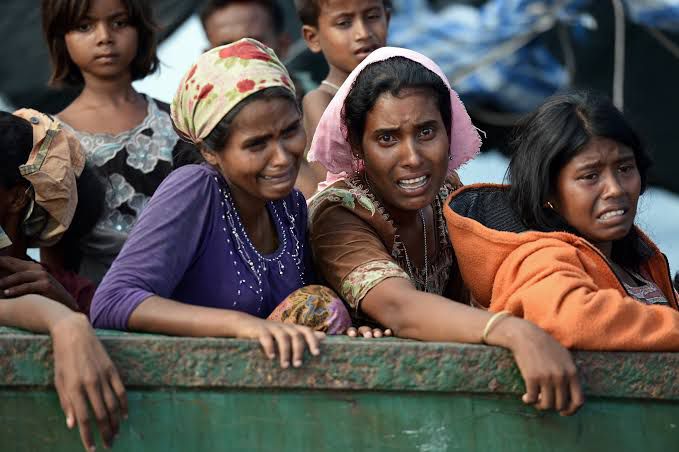
Most Rohingya in the country living in restricted camps in Rakhine, are facing severe limitations on their freedom of movement. Reports from the media, Rohingya organisations, and locals indicate civilian casualties and property damage, forcing over 100,000 people in Rakhine State, many already displaced by previous conflicts, to relocate once again.
Rebels grabs Key town Paletwa from Junta
In January 2024, the Arakan Army, advocating for autonomy in western Rakhine state, declared full control over several military outposts and Paletwa, a key town in neighbouring Chin state, dealing a blow to the military junta that seized power in 2021 and adding to a series of recent setbacks for the army in the ongoing civil conflict.
Paletwa in Chin State, situated along the Kaladar River near the borders of Bangladesh and India, is part of a significant sea port project linking India and Myanmar. The AA declared, "There is not a single military council camp left in the entire Paletwa area."
In response, Myanmar military forces have been targeting Arakan Army fighters in Rohingya villages, particularly in south Buthidaung township, since January 2024.
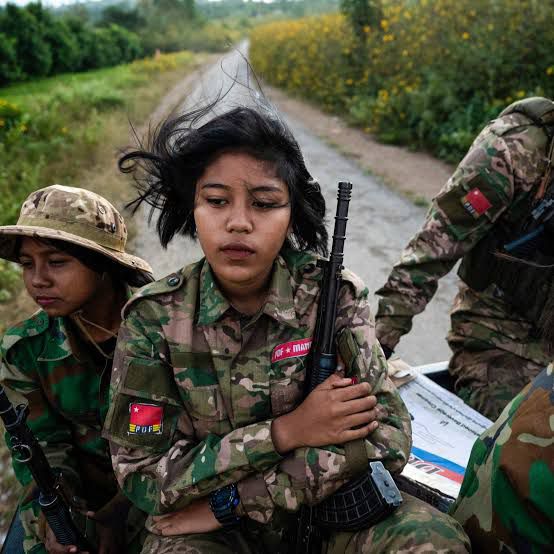
Compulsory Military service announced by Junta government
On February 10th, the junta announced the enforcement of the 2010 People's Military Service Law, mandatory military service for men aged 18-35 and women aged 18-27. "Professional" men and women can be conscripted up to ages 45 and 35, respectively. Failure to comply or aid in evasion can result in up to five years imprisonment.
The junta "issued the notification of the effectiveness of People's Military Service Law starting from February 10th, 2024," the junta's information team said in a statement.
The junta plans to conscript 5,000 individuals per month starting in April. The enforcement of conscription exacerbates forced recruitment, impacting civilians nationwide. Young people fear being coerced into the military, leading to a rise in those fleeing across borders.
Key Trade hub near Thai border taken by Anti-Junta alliance
Recently in April, The military junta in Myanmar suffered another significant blow when rebel forces, armed groups representing ethnic minorities, and anti-junta combatants drove junta forces from a key trading hub close to the Thai border. Now it is isolated from nearly all of its main land borders.
The important trading post of Myawaddy was taken over, which highlights the changing circumstances in the country of Southeast Asia as the military struggles to cope with casualties on the battlefield and growing opposition. The devastation caused by the clashes is evident in the aftermath, which includes destroyed gas stations, homes left abandoned, and buildings covered in gunshot wounds.
According to UN data, poverty has doubled since 2017 and Myanmar's economy is in freefall as a result of these losses. The economic consequences are severe. The seizure of Myawaddy, a vital trade route, severely impairs the junta's sources of income and highlights the increasing difficulties with its governance.
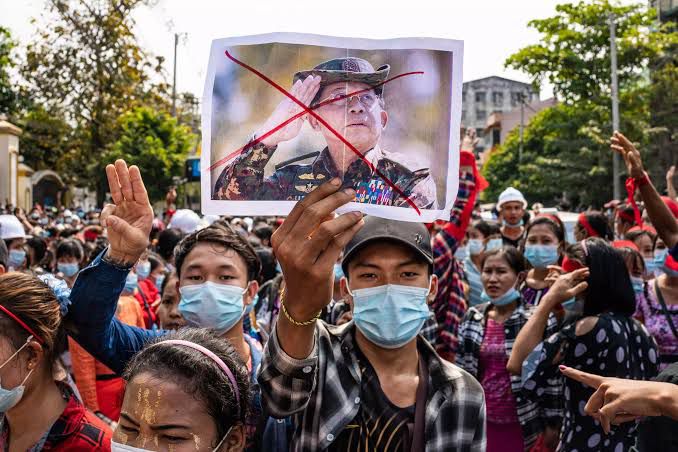
During recent fighting at Myanmar's eastern border with Thailand, resistance fighters increased their efforts to drive out junta troops stationed at a border crossing bridge, forcing about 200 civilians to flee. Gunfire and explosions were heard by witnesses, suggesting that the fighting was becoming more intense. The use of modern weaponry, like drones, emphasizes how the rebellion against the military government is evolving.
The fall of Myawaddy represents both a military setback and a symbolic blow to the junta's authority. Rebel forces are gaining ground and pro-democracy guerrilla groups are joining the battle, putting increasing pressure on the military on multiple fronts. The junta's vulnerability is highlighted by the capture ofMyawaddy and surrounding army outposts, particularly in light of its struggles with Western sanctions and global isolation.
Following three years of ongoing conflict, Myanmar's front lines are quickly changing. Rebel forces have advanced significantly, taking control of multiple towns and overrunning military installations. The anti-junta forces now control over half of Myanmar. And, the pace of victory has quickened in recent days.
The humanitarian crisis gets worse as the junta intensifies its violent crackdown on civilians, using airstrikes and obstructing aid. People who are innocent are compelled to escape their homes and seek safety in nearby nations such as Bangladesh, China, India, and Thailand. The Rohingya are among those who have been internally displaced; they endure extremely difficult conditions and dangerous travels in search of safety elsewhere.
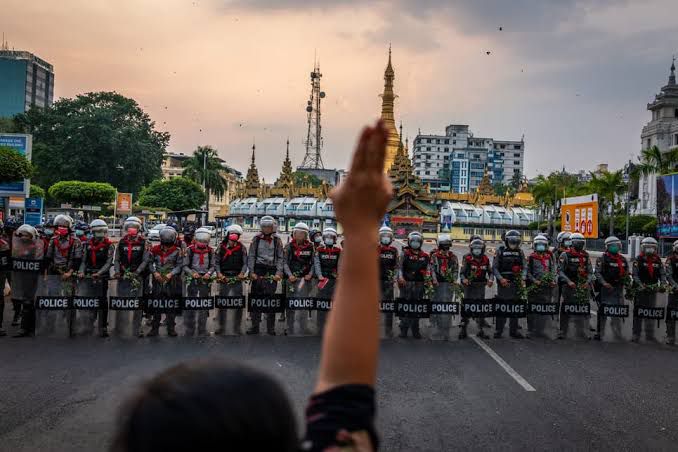
Violence in Myanmar is encouraged by the UN's inaction, which erodes its authority as a defender of international peace and security. The situation in Myanmar is about to get worse if immediate action is not taken.
The end note, The junta responds by enforcing mandatory conscription, a move that reflects its increasingly desperate strategies. The military's and rebel groups' targeting of Rohingya people highlights serious human rights violations taking place inside Myanmar's borders.
Photo credit: Multiple agencies
(Inputs from Multiple Agencies)
©️ Copyright 2024. All Rights Reserved Powered by Vygr Media.

